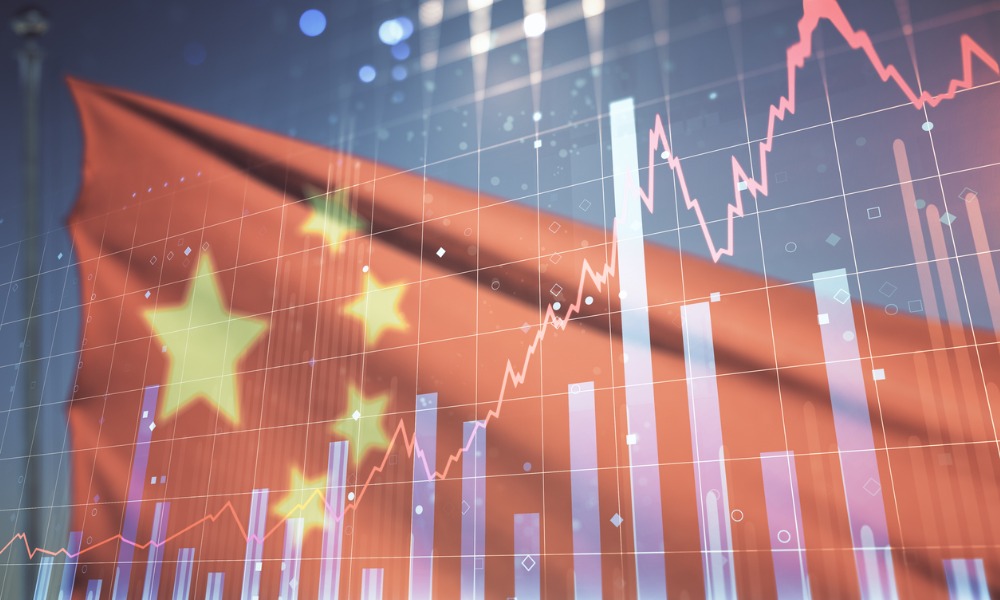A record rally in Chinese stocks ignites excitement, with analysts debating the longevity of the boom

Shao Qifeng experienced an unprecedented surge in Chinese stock trading in the past five sessions, marking a first in his 15-year career, according to Bloomberg.
As the chief investment officer at Ying An Asset Management Co. in Beijing, Shao received a flood of client inquiries through WeChat, with many asking if it was time to buy stocks after the authorities introduced a stimulus package last week.
“I think this means we are in the second phase of a bull market, when stocks are getting wide attention,” Shao said. “On the surface, I’m keeping my cool, but deep down in my heart I’m celebrating.”
Shao is not alone in his enthusiasm. Investors in China saw the benchmark index post its biggest gain since 2008 on Monday, officially pushing the market into bull territory. The rush to invest before a weeklong holiday set trading turnover at record highs.
The demand for new trading accounts was so intense that some brokerage applications crashed, as reported by local media.
This market surge followed the relaxation of homebuyer rules in three major Chinese cities, alongside moves by the central bank to lower mortgage rates.
These measures were key components of a larger stimulus package unveiled last Tuesday, which also included interest rate cuts, increased liquidity for banks, and support for the stock market.
Although Chinese stocks have experienced false starts in the past, there is growing confidence that this time may be different. The government's urgency to meet its 5 percent economic growth target has bolstered this optimism.
Retail interest in the market has grown so much that some funds have imposed limits on purchases. For instance, Beijing Jiuyang Runquan Capital Management set a CN¥1m (about $142,603) cap on fund subscriptions for investors.
However, caution still lingers for some. Winnie Wu, chief China equity strategist at BofA Securities, said her clients are asking whether it’s time to take profits after the recent gains.
“It’s really hard to either chase the rally or adjust positions. It’s a very exciting time, but it is also a very difficult, challenging, painful time for many investors,” Wu said.
The fear of missing out is clear, as brokerages—often seen as a gauge of market sentiment—led Monday’s gains, with many posting double-digit increases. A Bloomberg Intelligence index tracking Chinese property developers rose by as much as 15.7 percent.
Hedge funds have shifted their investments, selling US technology stocks and moving into mining and materials companies. Iron ore prices also surged by around 11 percent, with investors betting that China’s efforts to address property market issues will boost demand for steel.
This shift towards riskier assets caused China’s ten-year sovereign bonds to suffer, extending their largest weekly drop in a decade. The Fear and Greed Indicator for the Shanghai Composite Index, which tracks investor sentiment, hit its highest level since 2015.
“This is an epic day in Chinese market history,” said Hao Hong, chief economist at Grow Investment Group. He called it “one of the happiest days” in his 30-year career in the Chinese market.
Despite the excitement, some investors remain cautious after being burned by previous market rallies. Hebe Chen, an analyst at IG Markets Ltd., expressed concern about the sustainability of the current rally.
“I must confess, after busily gobbling on this week-long policy banquet, my concern about a potential replay of the previous disappointing cycle lingers,” Chen said. “It’s still too early to tell if this ‘Golden-Week rush’ will blossom into a true gold rush or fizzle out into another mirage.”



